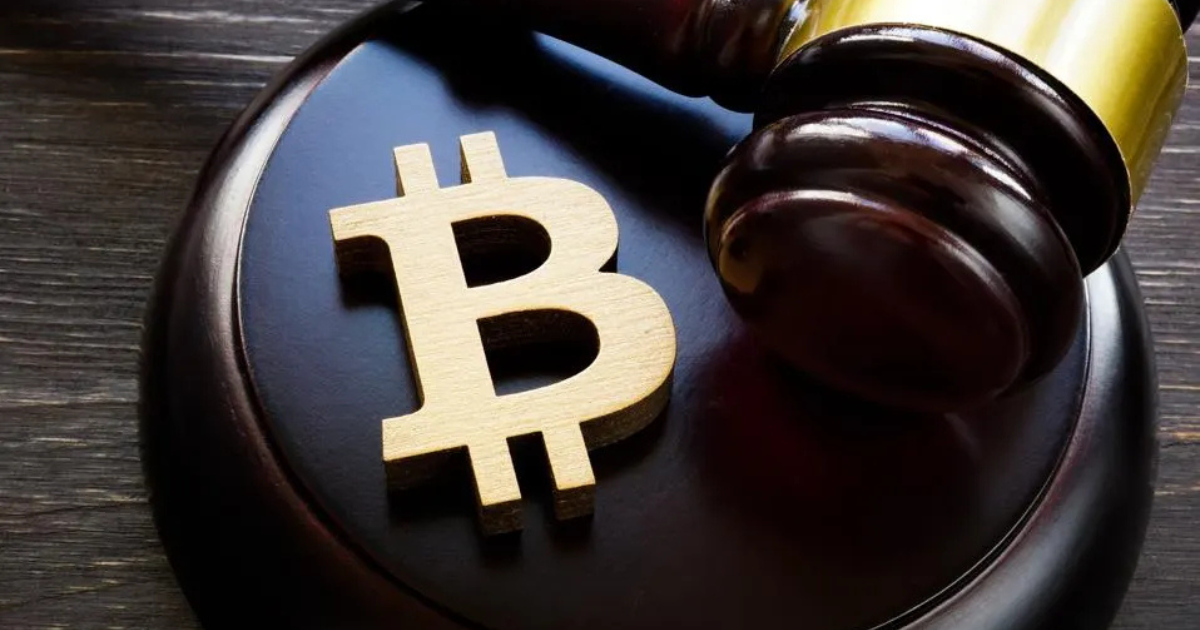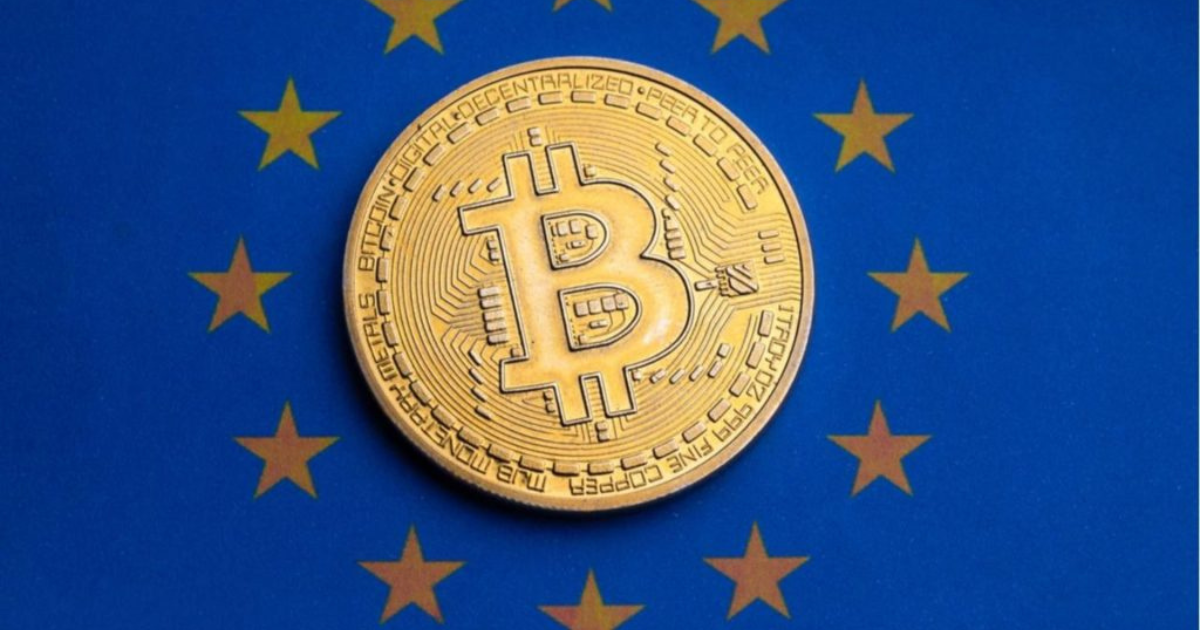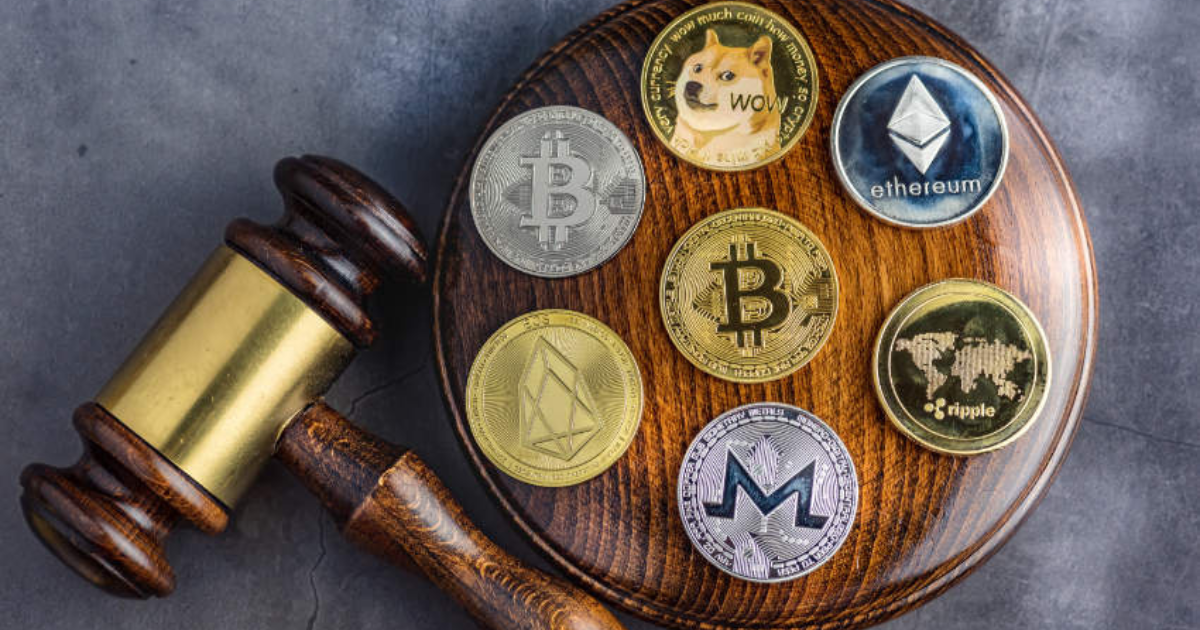Simultaneously, crypto government regulations are transforming cryptocurrency from a niche experiment to a global phenomenon. Governments are working to regulate the growing influence of digital currencies. Investors, traders, and enthusiasts must understand these laws.
Key-Takeaways:
- As crypto regulations rapidly evolve, countries differ significantly on what constitutes acceptable regulation.
- The EU’s Markets in Crypto-Assets Regulation (MiCA) provides clear guidelines for consumer protection and industry standards while shaping future regulatory developments.
- Crypto regulations face challenges in three key areas: ongoing legal battles in U.S., major milestones such as Bitcoin and Ethereum spot ETFs, and the complex relationship between platforms and regulators.
- The evolving regulatory landscape requires investors to stay informed about local laws. tax rules, and compliant exchanges.
The Global Regulatory Landscape
 Countries have adopted vastly different approaches to crypto regulation. Some countries are embracing digital currencies, while others remain skeptical or outright opposed. A patchwork of regulations complicates the landscape for crypto users and businesses.
Countries have adopted vastly different approaches to crypto regulation. Some countries are embracing digital currencies, while others remain skeptical or outright opposed. A patchwork of regulations complicates the landscape for crypto users and businesses.
Cryptocurrency regulation in the United States has been cautious and evolving. The Securities and Exchange Commission (SEC) and the Commodity Futures Trading Commission (CFTC) oversee crypto activities. Recent milestones, such as the approval of Bitcoin and Ethereum spot ETFs in 2024, signal cautious acceptance of digital currencies.
European Union is Leading with Comprehensive Legislation
 Crypto regulations have gained significiant traction in Europe, with the EU taking a leading role. The Markets in Crypto-Assets Regulation (MiCA) is a truly groundbreaking regulation that started to be implemented in July 2023. This legislation aims to:
Crypto regulations have gained significiant traction in Europe, with the EU taking a leading role. The Markets in Crypto-Assets Regulation (MiCA) is a truly groundbreaking regulation that started to be implemented in July 2023. This legislation aims to:
- Enhance consumer protections
- Establish clear industry conduct standards
- Require crypto service providers to have licensing
- Fight against the crime of money laundering and financing of terrorism.
Asia’s Different Approaches in the Regulations
 Asian countries showcase dramatically different perspectives on crypto government regulations:
Asian countries showcase dramatically different perspectives on crypto government regulations:
Progressive and Structured in Japan
In Japan, cryptocurrencies are legal property, and exchanges are required by the financial authorities to register. Crypto trading gains are considered taxable income, and the country enforces robust anti-money laundering guidelines.
Strict Prohibition from China
By contrast, China has banned all cryptocurrency operations altogether. The government prohibits crypto enterprises and pushes off mining activities, spurring many businesses out of the country.
Balanced Regulation in Singapore
Cryptocurrency in Singapore is considered property and is licensed under Payment Services Act. In addition, the country has designed the specific regulation of stablecoins while continuing to offer an attractive tax environment for long-term investments.
The Rising Markets of Brazil and India
 Acceptance of Digital Currency In Brazil
Acceptance of Digital Currency In Brazil
Legalization of cryptocurrencies as payment methods has been taken by Brazil to a considerable extent. In June 2023, the country put in place a comprehensive legal framework defining the Central Bank as the jurisdictional authority in charge of regulating in its entirety.
The Uncertain Regulatory Plans in India
Even though India isn’t fully embracing or completely rejecting cryptocurrencies, it is undecided. Still, the country imposes a 30 percent tax on crypto investments and debates overall crypto government regulations.
Key Considerations for Crypto Investors
 Investors on a cryptocurrency journey should:
Investors on a cryptocurrency journey should:
- Keep yourself updated about the local government regulations about crypto in general
- Understand tax implications
- Use registered and compliant exchanges
- Monitor ongoing legislative developments
The Future of Crypto Regulation
 The crypto government regulations are growing at a rapid pace. Innovating on the side of protecting investors from the companies they support. With more and more people getting accustomed to digital currencies, regulations will definitely become more nuanced and sophisticated.
The crypto government regulations are growing at a rapid pace. Innovating on the side of protecting investors from the companies they support. With more and more people getting accustomed to digital currencies, regulations will definitely become more nuanced and sophisticated.
We have some very complicated global space where crypto regulation is taking place. However, some countries embrace digital currencies while others are unavailable. In such a changing environment, investors have to be aware and flexible.
Conclusion
With Crypto government regulations changing and evolving as they do, one thing is certain, however. That is, governments strive to set up formal frameworks. The aim is to combine innovation at the expense of security.
These regulations must be seen by investors and enthusiasts alike as signs of a growing legitimacy that should encourage them to carry on.











